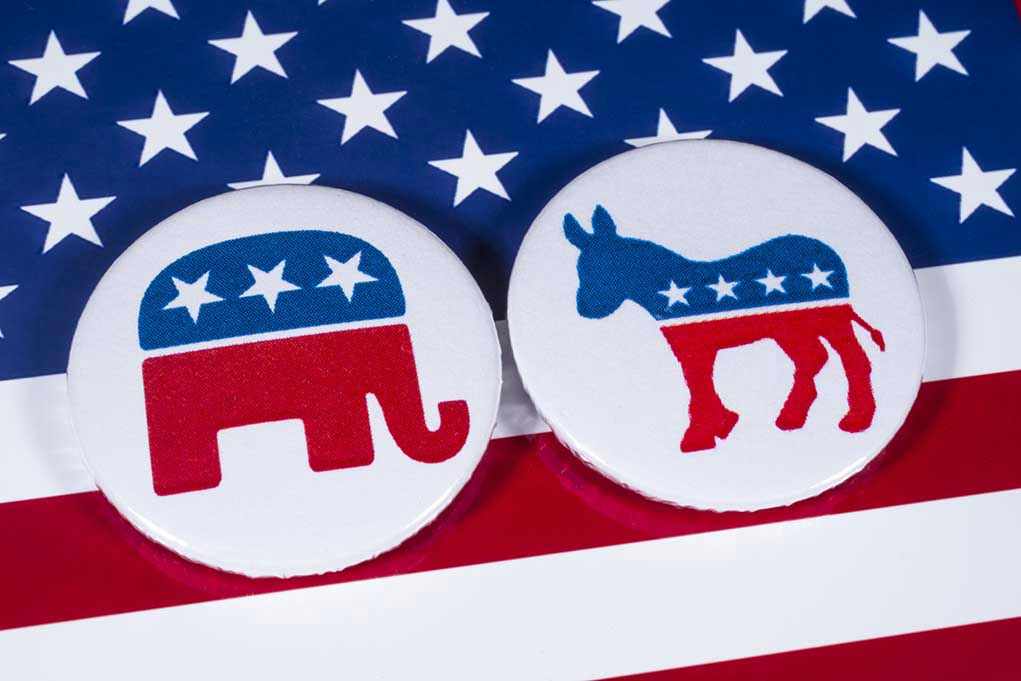
The specter of opioid deaths has erupted into a political firestorm in New Jersey, transforming a governor’s race into a referendum on truth, accountability, and the devastating cost of misinformation.
Story Snapshot
- Opioid deaths have become the central, polarizing issue in the New Jersey governor’s race
- Representative Mikie Sherrill accused Jack Ciattarelli’s former firm of spreading opioid misinformation
- Ciattarelli’s campaign responded with threats of legal action, escalating tensions
- The debate reveals deep divides over responsibility, public health, and campaign ethics
Opioid Deaths Ignite a Political Battlefront
New Jersey’s gubernatorial campaign took an unexpected turn as opioid deaths vaulted to the top of the political agenda. The crisis, long simmering beneath the surface, suddenly commands the spotlight, forcing candidates and voters alike to confront uncomfortable truths. Representative Mikie Sherrill, a Democrat, introduced a seismic accusation: she charged that a firm once owned by her Republican opponent, Jack Ciattarelli, played a role in spreading misinformation about opioids. The timing, just as overdose deaths surge nationally, has injected urgency and heat into the race.
Ciattarelli’s campaign responded swiftly, threatening to sue Sherrill for defamation. This move did not simply push back against a political jab—it signaled the campaign’s commitment to defending its reputation in court, if necessary. The legal threat raised the stakes, transforming a policy debate into a high-profile contest over truth and accountability. For voters, the exchange underscored the gravity of the opioid epidemic and the lengths candidates will go to protect their image and challenge damaging narratives.
Who Bears Responsibility for Opioid Misinformation?
The heart of Sherrill’s accusation rests on a critical question: who is responsible for the spread of opioid misinformation? She claims Ciattarelli’s former business helped perpetuate myths that may have influenced prescribing practices and public perceptions. If true, these actions could have contributed to the confusion and complacency that allowed the epidemic to grow. Ciattarelli’s camp, however, contests the charge, insisting there is no evidence to support such claims and framing the accusation as a politically motivated attack.
For American conservatives and those guided by common sense, the facts matter most. The opioid crisis is not a hypothetical; it is an ongoing tragedy with real victims. Responsibility should be assigned only where clear evidence exists. Yet, the political climate makes it difficult for voters to separate fact from spin, especially when legal threats and heated rhetoric cloud the issue. This battle over culpability extends beyond the candidates, challenging everyone to scrutinize sources, motives, and the broader impact of misinformation.
Public Health Versus Political Strategy
The opioid epidemic’s intrusion into campaign politics raises questions about the intersection of public health and strategy. As candidates spar over responsibility, the conversation risks shifting from solutions to score-settling. Voters are left to wonder whether genuine concern for families affected by opioid deaths will be sidelined by partisan maneuvering. Sherrill’s assertion—if grounded in truth—demands accountability from those who contributed to public misunderstanding. Ciattarelli’s legal threat, meanwhile, could be seen as either justified self-defense or a distraction from the urgent need for action.
The unfolding drama serves as a reminder that public health crises necessitate more than sound bites and courtroom battles. The stakes are measured in lives lost, families shattered, and communities scarred by addiction. The temptation to weaponize tragedy for political gain must be resisted in favor of sober dialogue, evidence-based solutions, and a commitment to transparency. As the governor’s race continues, voters will be watching closely to see which candidate offers not just rhetoric, but a credible plan to address the opioid epidemic.
Sources:
Explosive Accusation Shakes Up New Jersey Governor’s Race

